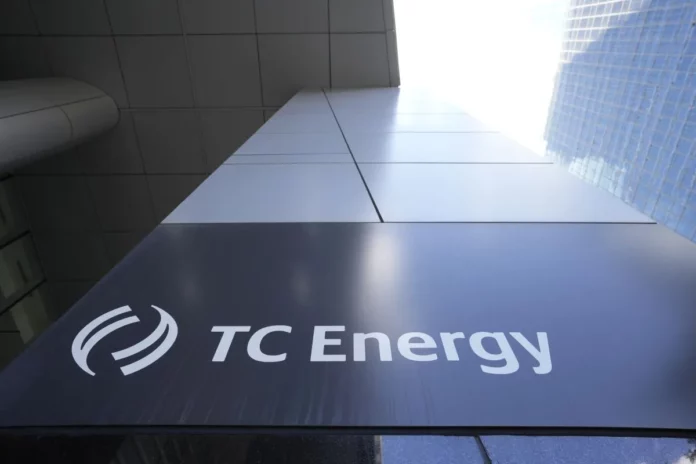TC Energy announced Tuesday that it has paused the planned C$1 billion ($736.7 million) sale of a minority stake in its pipeline system to an Indigenous-owned group, citing a “transaction structuring issue.” The deal, initially set to close by the third quarter of this year, is now delayed indefinitely.
TC Energy $1B Pipeline Deal : Overview and Setback
The agreement, revealed on July 30, involved TC Energy selling a 5.34% minority interest in its NGTL System and Foothills Pipeline assets to a consortium backed by Alberta Indigenous Opportunities Corp. (AIOC). The assets in question span a 25,000-kilometer natural gas pipeline network across western Canada. The deal was celebrated as a significant step toward economic reconciliation with Indigenous communities, who would gain equity ownership in critical energy infrastructure.
However, the two parties encountered an issue related to the structure of the transaction, which has delayed its finalization. While TC Energy did not disclose specific details, the company issued a statement saying it remains committed to ensuring the transaction benefits Indigenous communities while maintaining the value of its pipeline assets.
Commitment to Indigenous Ownership
Despite the delay, TC Energy reiterated its dedication to fostering Indigenous ownership in Canada’s energy sector. “The Company is focused on developing a transaction that delivers meaningful distributions to Indigenous communities,” TC Energy stated, without giving an updated timeline for completing the deal. The company declined to provide further details, and a representative from AIOC directed inquiries back to TC Energy.
TC Energy $1B Pipeline Deal : A Historic Partnership
When the deal was announced in July, it was touted as a historic partnership that would make 72 Indigenous communities equity owners in the NGTL and Foothills pipelines. TC Energy President and CEO François Poirier said at the time, “Indigenous ownership is the path to a more prosperous nation,” emphasizing the importance of economic sovereignty for Indigenous communities. The agreement was seen as a milestone in fostering economic growth and reconciliation.



